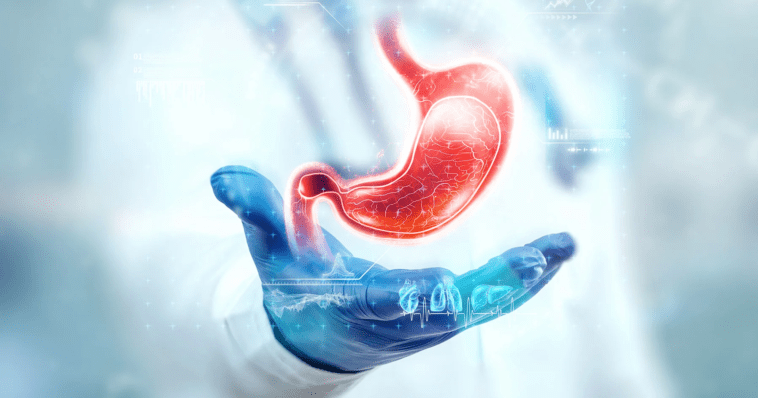This technique makes the affected person eat less, feeling satiated earlier, and the food they eat makes them fatter less, due to food malabsorption.
Within bariatric surgery we find several techniques aimed at reducing obesity. In order to choose which intervention is the one that best suits our case, it is essential to put ourselves in the hands of specialists in this field, who will evaluate the particularities of the patient and to be able to advise one surgery or another, taking into account both the pros and cons. Among the range of possibilities, however, the most frequently performed operation both in Spain and in the United States or other countries is gastric bypass.
“The gastric bypass is the most performed technique in the world, given its good weight loss. It has fewer side effects and a low rate of complications when the intervention is performed in centers and by specially qualified teams, “says Dr. Carlos Ballesta López.
What is and how does gastric bypass work?
It is one of the most common, long-lived and recommended procedures for this type of case, as it offers effective long-term results, a high percentage of success and versatility when treating different degrees of obesity. It is a stomach reduction technique that consists of the anatomical modification of the patient’s digestive system.
Not only is the stomach size reduced (from 15 to 30ml), it is also connected directly to the first section of the small intestine to speed up the digestion process and thus decrease caloric and nutrient absorption. To make it clearer:
- The person eats less: The stomach that remains is very small, so that much less food can be ingested. The patient feels full faster and has the sensation of having eaten more than he has actually ingested; the brain’s hunger center is inhibited and the feeling of hunger is lost, leading to weight loss.
- The food that is eaten makes you less fat : there is a malabsorption of food that causes the small intestine to absorb fewer vitamins, nutrients, minerals and fats. As a positive consequence of this phenomenon, what we eat makes us less fat.
What type of patients can resort to gastric bypass?
It is one of the best treatments that we currently have for the long-lasting weight loss of obese patients, although it is not the only one. And although the effectiveness of this surgery varies and is recommended (or not) depending on the case, candidates usually present the following characteristics:
- Patients with obesity greater than type III (BMI greater than 35);
- Patients with type IV morbid obesity (BMI greater than 40);
- Patients with high Body Mass Index who suffer from obesity-related diseases (type 2 diabetes, sleep apnea, heart disease, etc.). Although it is a very widespread and versatile surgery (it adapts to various types of obesity), it is not applicable to all cases: the main requirement is to be willing to make permanent changes in relation to diet and exercise.
Are the kilos that are lost recovered?
One of the biggest concerns after undergoing gastric bypass is whether to regain the weight that has been lost. And speaking of this, how many kilos can we lose? It always depends on the case, but in general it is reduced from 65 to 70% of the overweight, although it is a long-term process (about 5 years).
It may be the situation that a patient regains part of the weight lost in the beginning at the time of having been intervened. In fact, surgery is often viewed as a mechanical means of controlling what is eaten, but it is no miracle remedy that does not require effort. It is necessary for the patient to commit to adopting a new lifestyle; We are talking about permanent healthy changes, which also include doing physical activity on a regular basis.
The diet after gastric bypass requires a modification of eating and culinary habits, frequency and type of meals, says Lydia Amador, specialist in Human Nutrition and Dietetics. I




GIPHY App Key not set. Please check settings